Contents
Guide
The Best Guide to Eastern Philosophy and Religion
Diane Morgan


ST. MARTINS GRIIFIN  NEW YORK
NEW YORK
The author and publisher have provided this e-book to you for your personal use only. You may not make this e-book publicly available in any way. Copyright infringement is against the law. If you believe the copy of this e-book you are reading infringes on the authors copyright, please notify the publisher at: http://us.macmillanusa.com/piracy.
For Liza Gregory with love
ACKNOWLEDGMENTS
Id like to thank everyone who helped make this book possiblefrom Agni to Zoroaster. But I owe my most heartfelt thanks to my good friend, the enlightened (and enlightening) Amanda Pisani. Her perspicacity, generosity, insight, and unbounded good humor make her a joy to work with.
Introduction
All religion, whether Western or Eastern, is a nexus. It forms a bridge between the absolute and the relative, between the apparently real, and the truly real, between what we perceive as secular and what we know as holy.
How that absolute, holy, truly real realm exists, by what power, and for what purpose, is differently conceived by the two great traditions. Most Western traditions, such as Judaism, Christianity, and Islam, see the absolute as transcendent, beyond, and other. Most Eastern traditions, on the other hand, envision it as immanent, within, and ultimately identical with the seeker.
Western religion conceives the ultimate as God, and the goal of most people practicing the Western tradition is to know God, obey God, and form a loving and vital relationship with God. God is a person. Eastern thought tends to be nontheistic. It sees the ultimate as something transpersonal, and the goals of its practitioners are awareness and unity. Although many Eastern religions have a place for gods in their scheme of things, they see ultimate reality as something that is both beyond the gods yet, at the same time, locked within the heart of every being. So it might be accurate to say that while in Western thought the divine is a person, in Eastern thought, every person is ultimately divine.
The concept of time marks another telling difference between Eastern and Western thought. In the West, time is often compared to a swift-running river. It flows in one directiontoward eternity. This viewpoint makes us look at eternity in a one-sided way. Eternity lies in the future; its something that awaits us. (The title of James Joness great novel of World War II, From Here to Eternity, captures completely this Western attitude.) We dont care where the river springs from; were not much interested in our past. Although many Westerners spend a considerable amount of time contemplating a life after death, life before birth is left out of the equation. We dont know, and we dont care. The classic Rinzai Zen koan, What was your face before you were born? doesnt have much meaning for us. In the East, however, time is more aptly compared to a great primeval ocean, always existing, totally surrounding us. Its our source and our destination. Eternity doesnt await us, for we are present in it right now.
For the West, time means history, and history has meaning. Western religions depend upon historical events to give significance to their most precious beliefs. God acts through history to teach lessons, redeem, or punish. The Exodus, the Crucifixion, and the Night of Power stand as formative events in Judaism, Christianity, and Islam. This concept is entirely absent from Eastern philosophy. Although it would be wrong to say that history is meaningless to Buddhists or Hindus or Taoists, it would be better to say that history is a reflection of human rather than divine action. It results from our acts, not Gods plan.
Because of its different perspective, Eastern religious thought has always fascinated, and often confused, the Western mind. It emphasizes values the West has forgotten. It celebrates the self, and yet its the opposite of selfishness. It shows us a reality that goes beyond our world, yet it is not otherworldly. Far from being impractical, disengaged, and indifferent (charges commonly made against them), Eastern religions offer the physical, mental, and spiritual tools to enable a person to live life more fully and deeply. They lead the way not off into some weird, indefinable ether, but a path deep down into the truest self. Call it absolute. Call it Brahman. Call it Tao. Or speak of it in silence.
Many people see some Eastern traditions, notably Confucianism and Theravada Buddhism, as philosophies rather than religions. This is a false distinction. In the East, lines blur between religion and philosophy. The sacred is not distinct from the profane. All branches of knowledge are seen as aspects of one truth. To Westerners, who tend to think in terms of categorization, definitions, and labels, this is a strange, even annoying, state of affairs. The Hindu convention of discussing the absolute, unconditioned reality only in terms of negatives, neti neti (not this, not this), seems calculated to drive Occidental students insane. Only when the West stops insisting the East use a Western perspective can Westerners hope to understand the Eastern religions.
Each Eastern tradition opens a window on a different aspect of life, from breathing techniques, through sexuality, manners, meditation, metaphysics, worship, art, and ethics. And each tradition has produced a variety of sacred literature to reflect the diverse concerns of its practitioners. The Rig Veda sings glorious songs of praise. The Bhagavad Gita draws the paradoxical connection between action and detachment. The Tao Te Ching teaches us to live following the example of nature, while the Confucian Classics show us how to make a civilization. The Upanishads speak philosophically about the nature of the ultimate and the human relationship to it. The great sutras of Mahayana Buddhism teach worship, wisdom, and compassion. Not least, the Tibetan Book of the Dead shows us how to die.
A few general remarks: In every religious tradition, there is a difference between popular belief and scholarly formulation. To complicate matters still more, popular customs differ from place to place, and scholarly attitudes are far from monolithic. And both change over time, sometimes radically. Other complexities emerge. Religion that has been exported to a different culture assimilates some of the attitudes and folkways of that culture. Hinduism in Bali and Buddhism in Japan or America are radically different from their Indian roots. Does this make them less authenticor only less Indian, less localized?
Most troubling, however, is the inevitable gulf, often vast, between the ideals of any religious tradition and the way it is actually practiced. Too often, when comparing religions, we are inclined to value our own religion by its ideals, while denigrating other religions based on the habits of their practitioners. For example, Christians mayhold up their own religion as a religion of peace and point accusing fingers at the wars fought between Muslims and Jews, while conveniently forgetting the bloody battles Christians have fought throughout the agesand still do. This is tremendously unfair, of course. The truth is that few individuals of any faith live up to the noble concepts espoused by their religious heritage. This is in the nature of things. The great world religions have this one thing in common: They give us something to strive for. Religions are not for perfect people. Perfect people dont need a religion; they need worshippers.

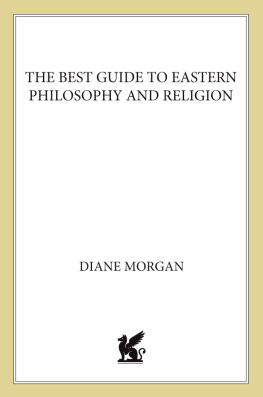
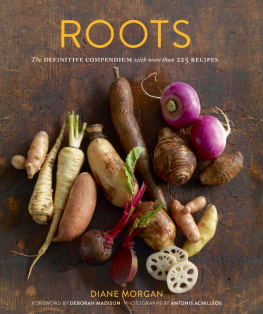
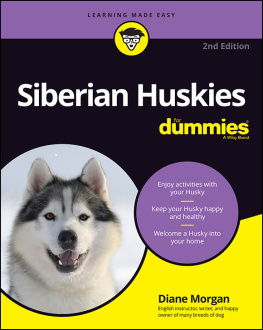
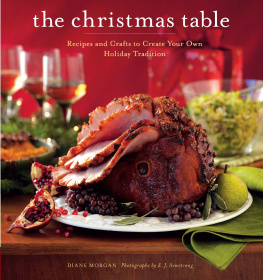
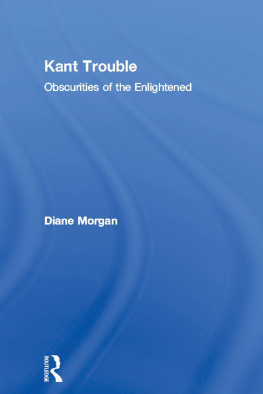
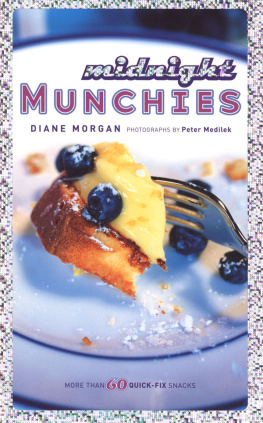

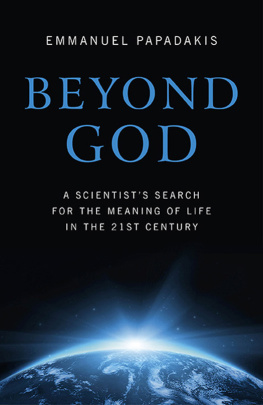
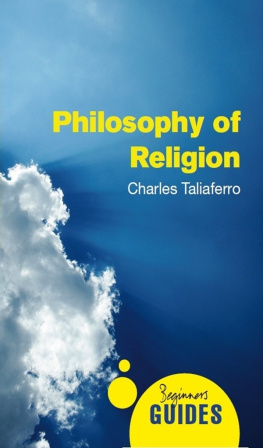
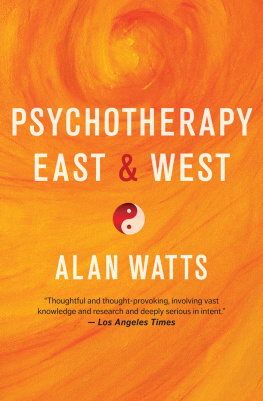
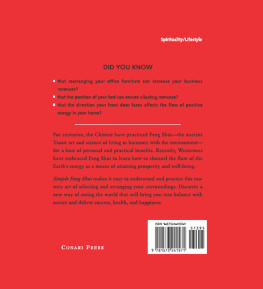
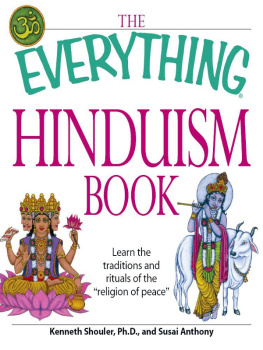
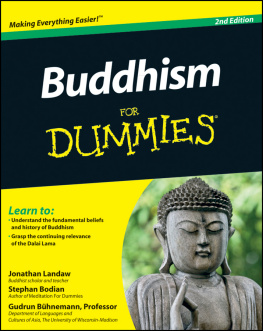
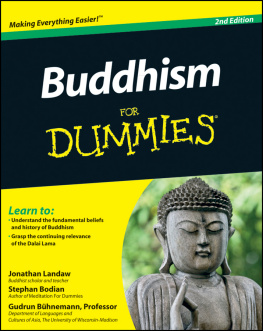
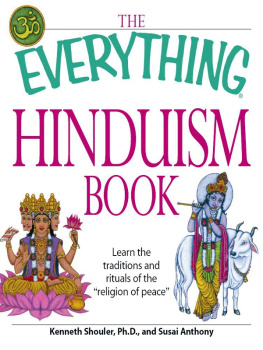
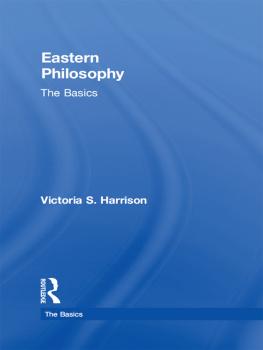



 NEW YORK
NEW YORK